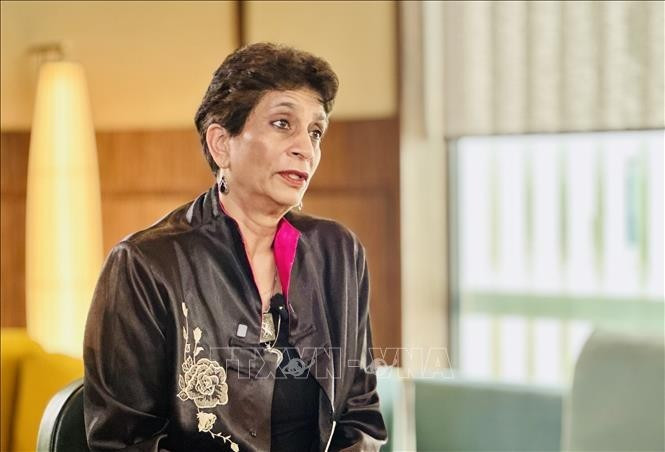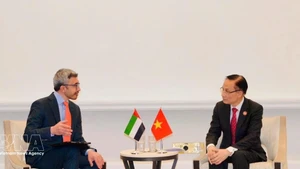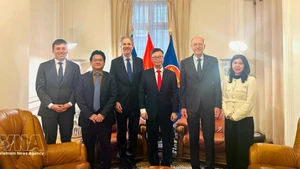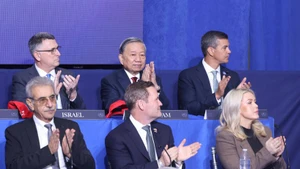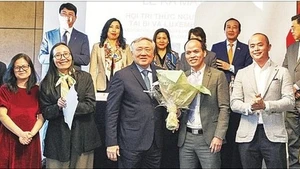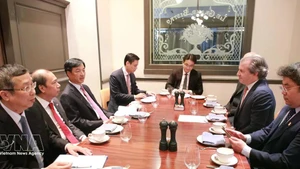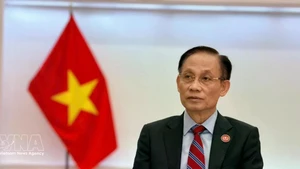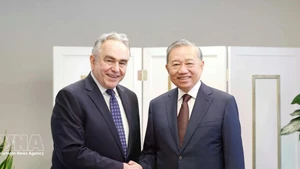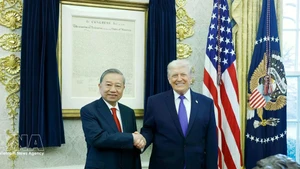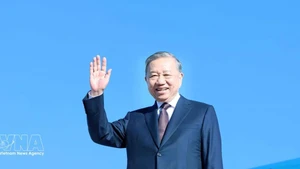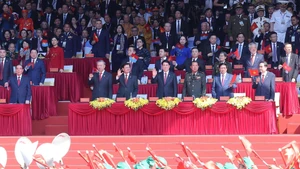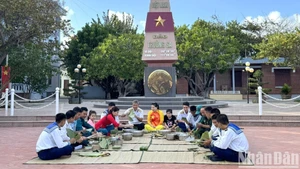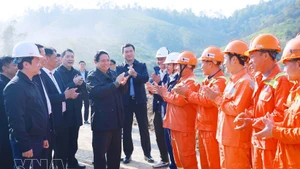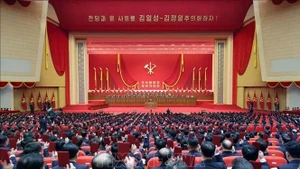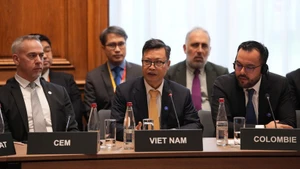She made the remark while talking to the Viet Nam News Agency ahead President Luong Cuong’s trip to the US from September 21 to 24, during which he will attend the high-level general debate of the 80th session of the UN General Assembly and engage in bilateral activities.
Reflecting on Viet Nam’s remarkable journey, Wignaraja noted that Viet Nam has shown the world how a nation could move beyond conflict, draw lessons from the past, and focus on peace and stability.
Viet Nam has united as a strong nation where everyone has an equal place, she said, adding that these values resonate deeply with the UN and UNDP.
She emphasised that the world needs more voices like Viet Nam’s, demonstrating that development and reconciliation can go hand in hand.
The official underlined that as a person highly admiring and respecting Viet Nam, she hopes the country will hold a greater global role, contributing to peacekeeping, peacebuilding, and support for less fortunate countries because when Viet Nam faced hardship, others extended help, and today, Viet Nam is in a position to give back.
Looking back on the long-standing partnership, Wignaraja recalled that UNDP has been present in Viet Nam since 1978, setting up one of the first UN offices here. It has accompanied the country through reforms since the early Doi Moi (Renewal) period, from supporting institutional changes to improving public service capacity, all of which have contributed to Viet Nam's development.
She said the next stage of cooperation should focus on governance reforms, strengthening the judicial sector, boosting the domestic capital market, and developing human resources.
Yesterday’s skills may not be enough for tomorrow. Education must innovate to prepare young Vietnamese for global competition, she noted.
On sustainable development, the UN official emphasised that Vietnam could show the world that economic growth not necessarily come at the expense of the environment. Prosperity must be for both people and the planet, she said, noting that Viet Nam has the potential to become a model for others in this aspect.
Regarding the Sustainable Development Goals (SDGs), Wignaraja described them as a continuous journey rather than a final destination. She welcomed Vietnam’s integration of the SDGs into national plans but highlighted the importance of local-level implementation, saying the merger of administrative units doesn't mean the sustainable development journey is disrupted.
She also addressed concerns about the so-called “middle-income trap”, noting UNDP prefers not to use the term. In her view, it creates a sense of helplessness that does not reflect the reality in Viet Nam or many other countries in the region. Instead, she described it as a “mental trap” that could be overcome with determination and right policies.
The bigger question is not just whether Viet Nam becomes a high-income country, but whether its people are happy, she continued.
For her, true progress must be measured by equitable development opportunities, strong social cohesion, and a shared aspiration to advance together, not only in major cities but across all regions.
Concluding, Wignaraja stressed that Viet Nam’s greatest asset lay in its people. If Vietnam continues to invest in human capacity, aspirations, identity, and equality, the country will achieve breakthrough success in future, she said.
